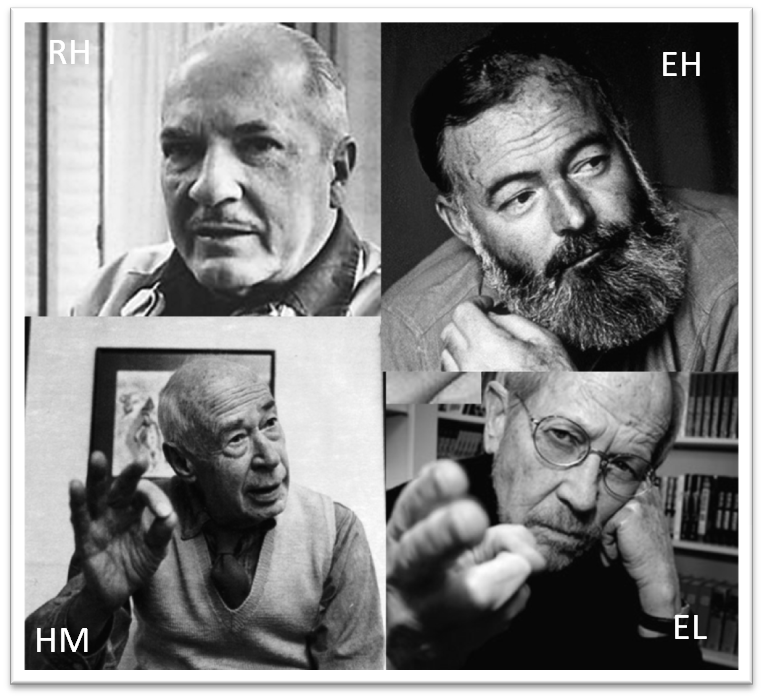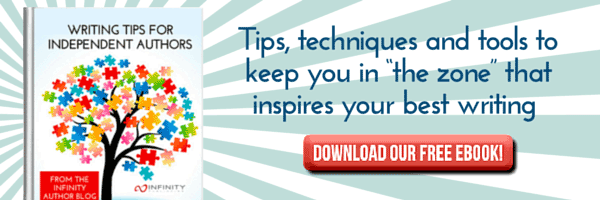Most authors can never get enough writing advice from the greats, those classic bestsellers whose works fill our library shelves. That's not always a good thing, though. Authors are human, just like everybody else. And like the rest of us, great authors are subject to wrong thinking and giving bad advice. Whether it's outdated or just plain wrong from the start, these writing tips are the opposite of what you should be doing with your author career. 
1. "Actually if a writer needs a dictionary he should not write." -- Ernest Hemingway
Sorry, Ernest, this is why we have editors and spellcheck. Just because you can't memorize the way words spell doesn't mean you don't have great stories to tell.
2. “Avoid detailed descriptions of characters.” and “Same for places and things.” -- Elmore Leonard
Maybe if you're writing hardboiled detective novels. This might be valid advice then. For the rest of the writing world, description is the key to setting your work apart from everyone else's. Flowery description or over-the-top paragraphs are what you want to avoid, but you need some description to give flavor to your stories.
3. “You must refrain from rewriting, except to editorial order.” -- Robert A. Heinlein
Heinlein began writing during the depression, when churning out stories as fast as possible was the only way to keep his family fed. He trained himself to write perfectly clean copy on the first round; anything else would have meant going hungry. Today's editors aren't quite so forgiving, nor should they be. Your manuscript should be at its polished best before you send it to your editor. The least you can do is a couple of rounds looking for spelling and grammar errors. After all, why should you pay your editor to do these simple tasks when you can do them yourself?
4. “Don’t be a draught-horse! Work with pleasure only.” -- Henry Miller
In other words, only write when the muse inspires you. This is great advice if you're writing as a hobby and don't care when your book is finally finished. Serious authors treat writing as their job. They sit down to work every day, inspired or not, and hit the keys until they hit their daily word count. It's either a hobby or it's a serious career. It's up to you to decide which one you're doing, but it's also up to you to treat it as such.
5. "Write drunk. Edit sober." -- Ernest Hemingway
Hemmingway had some unusual rules for getting his writing done. He may have meant that you should write with abandon, with a freedom of expression, but edit with a more serious tone. Or he may have meant exactly what he wrote. With his well-known taste for alcohol, it's most likely the latter.
Keep the Faith and May the Force be With You!




